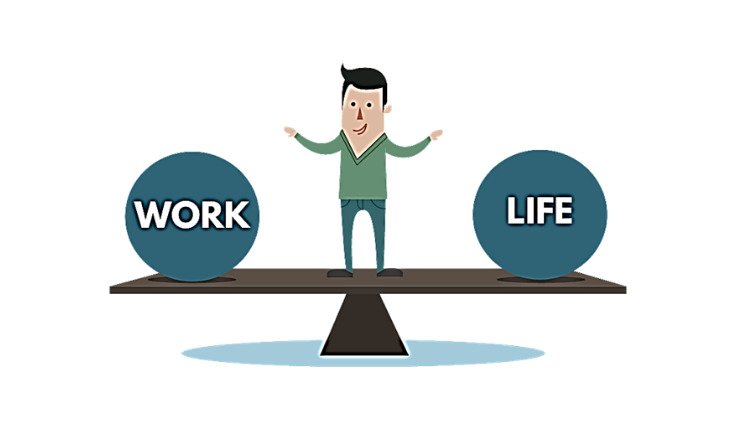Session Agenda
As the scientific community continues to evolve, so does the way we evaluate and disseminate knowledge. The “Future of Peer Review in Research Publishing” panel discussion, hosted by Enago together with Charlesworth Author Services as part of Peer Review Week 2023, invites you to delve into the innovative strategies and emerging technologies that are shaping the future of peer review.
This interactive session brings together experts at the forefront of academia, publishing, and technology to dissect the present and future dynamics of peer review. Our panelists will explore the sustainability of the current peer review models, delving into the intricacies of their operational frameworks, the challenges they face in a rapidly evolving research landscape, and the strategies they offer to adapt and thrive. Through insightful discussions, real-world examples, and personal perspectives, we will uncover the strategies for efficiency enhancement, the role of open peer review and pre-prints in accelerating evaluations, and the transformative impact of AI integration. Engage with our panelists, ask probing questions, and enrich your understanding of the evolving peer review paradigm. Join us in crafting a future that fosters efficient, equitable, and quality-driven research dissemination.
The discussion will primarily focus on the following points:
- Sustainability of open peer review models
- Addressing transparency, collaboration, and quality control
- Advances in pre-print peer review
- Integration of new technologies in traditional peer review
- Potential uses of AI tools for peer review
- Potential ethical challenges associated with AI integration
- Responsible use of AI in the peer reviewing sphere
- How AI support and human reviewers’ expertise enhance the peer review process
- Exploration of the balance between automated processes and the valuable insights that human reviewers provide
- Responsibility of authors, reviewers, editors, and publishers in detecting and disclosing AI-generated content
- Tips for new reviewers
Who should attend this session?
- Peer reviewers
- Journal editors
- Journal publishers
- Early-stage researchers
- Doctoral students
- Postdoctoral researchers
Sign-up to read more
Subscribe for free to get unrestricted access to all our resources on research writing and academic publishing including:
- 2000+ blog articles
- 50+ Webinars
- 10+ Expert podcasts
- 50+ Infographics
- Q&A Forum
- 10+ eBooks
- 10+ Checklists
- Research Guides

 Kim Eggleton
Kim Eggleton Laura Wilson
Laura Wilson Elizabeth Moylan
Elizabeth Moylan Anupama Kapadia
Anupama Kapadia 


